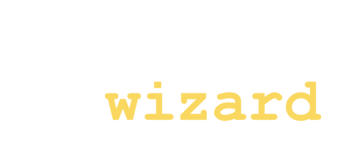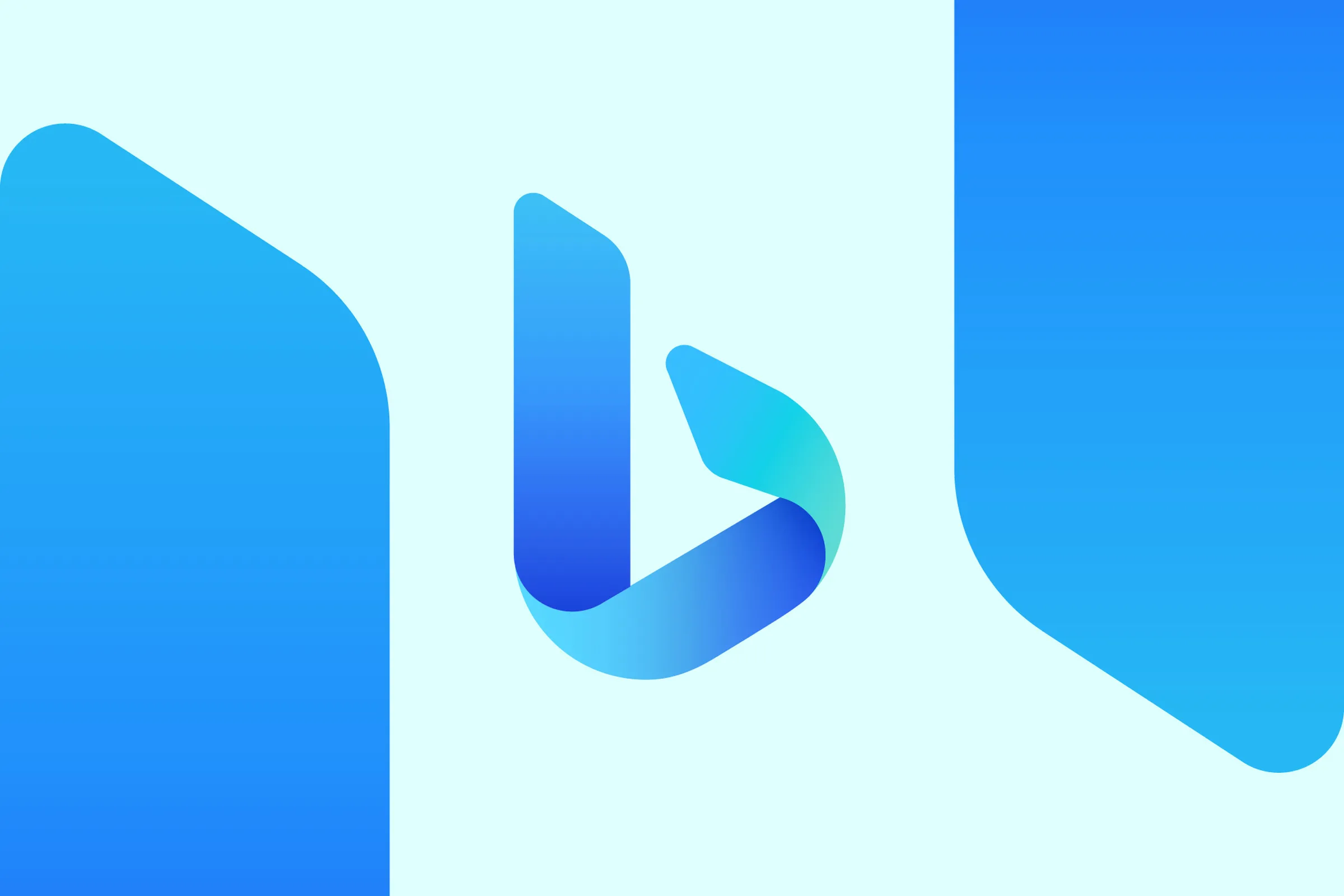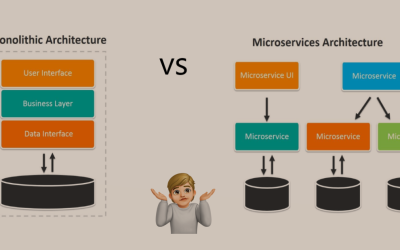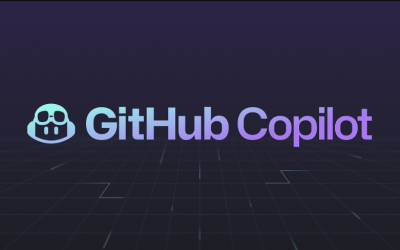The revolution of web search
If you haven’t been living under a rock, you should have heard about the large language model, or LLM, revolution that is taking the world by storm. The two most popular options are ChatGPT and Bing Chat, followed by Google’s Bard. The open source alternatives are catching up, but in today’s blog, I’ll focus on what is currently the best option for the consumer.
Why Bing Chat over standard web search?
The future of web search is here. Bing Chat is not just a way to summarize, generalize, and extract more useful information from a web search. It is a full-featured personal assistant that can carry out your own searches, answer questions, teach you things, create awesome content ranging from code generation to poem writing, and even have some fun with you. The web search is just the tip of the iceberg. To a language model’s eyes, “search” is merely a tool in its arsenal. In the same way, it has the potential to utilize other software. From image and video editing tools to full-blown programming skills, the sky is the limit. The “AutoGPT” tools are something that you might want to keep an eye on.
Why Bing Chat over ChatGPT?
They are both essentially the same language model, the Generative Pre-Trained Transformer 4, or GPT4. Bing Chat, in contrast, is supported by Microsoft and is available for free right now; it performs independent online searches, reads and helps with your own documents from the browser, and does a lot more. However, ChatGPT (GPT4 version), which is supported by OpenAI, has more usage restrictions and the potential to be slower. It also requires a monthly subscription and an additional fee to use the same benefits in the form of plugins. Bing Chat is Microsoft’s play to overtake Google and become the new king of web search. In comparison, Google is behind with its AI alternatives, and OpenAI is a smaller player in town that also depends on Microsoft’s ten billion investment. If you ask me, Bing Chat sounds like a horse that you want to bet on.
Why ChatGPT over Bing Chat?
Currently, the plugins that ChatGPT provides integrate with more and more diverse tools compared to Bing Chat. There is also support for third-party plugins that others can create, customize and share. Bing Chat is not too far behind and has already announced many more plugins that are to come. Being Microsoft’s potential golden goose, it will take every necessary step to surpass the competition as time goes on. It is worth mentioning that for developers, ChatGPT’s API support is one additional reason why ChatGPT could be the better option for them, at the moment.
Where is Google’s Bard?
Bard is based on the Language Model for Dialogue Applications, or LaMDA. Both GPT4 and LaMDA are LLMs based on the Transformer and model Natural Language Processing, or NLP. The key difference is that LaMDA was made for dialogue applications, whereas GPT4 was made for generative tasks. But as the LLM race is in full motion, both models are converging toward the same purpose. To replace the web search and become your personal assistant, in both conversational and generative tasks. It’s just that Google was a bit late to the party. In time, Bard has the serious potential to compete with Bing Chat and ChatGPT. But for now, Bard still has some catching up to do.
The endgame?
In the long run, all three options mentioned might fall behind even a greater stallion. The open-source LLMs are getting better and more compact by the day. It wouldn’t be a surprise if such completely unrestricted models eventually came to dominate everything else. Even today, you can run a much smaller open-source LLM on your own home machine with a useful performance approaching that of those giants. With the integration of frameworks like LangChain, these custom solutions are looking scary. But that is a story for another day.



